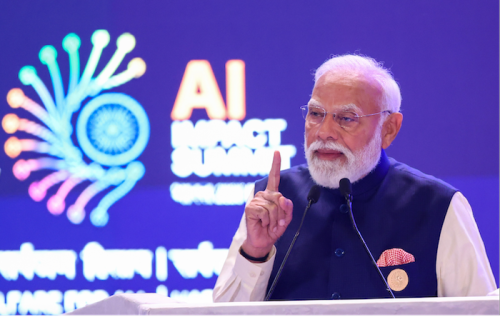For almost 70 years, despite many advances in machine learning, there remain “different characteristics that are distant from current knowledge of learning in neuroscience”, even with the emergence of deep learning.
Last week, a group of scientists at Bar-Ilan University in Israel published an article on Scientific Reports, announcing a significant progress toward closing this gap. They were able to experiment with a new type of AI algorithms outperforming learning rates achieved to date by state-of-the-art learning algorithms.
The new AI is inspired by the very slow brain dynamics.
“The number of neurons in a brain is less than the number of bits in a typical disc size of modern personal computers, and the computational speed of the brain is like the second hand on a clock, even slower than the first computer invented over 70 years ago,” said the study’s lead author, Prof. Ido Kanter.
However, biological hardware is designed to deal with asynchronous inputs and refine their relative information, whereas traditional learning algorithms are based on synchronous inputs. Hence, the disadvantage of the complicated brain’s learning scheme is actually an advantage.
The idea of deep learning based on the slow brain’s dynamics illustrates that “insights of fundamental principles of our brain have to be once again at the center of future artificial intelligence.”
The full research article is here.










